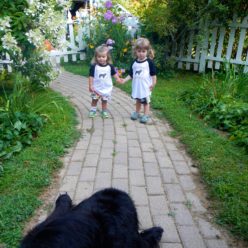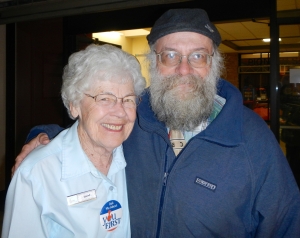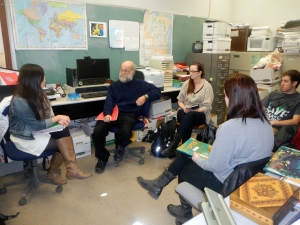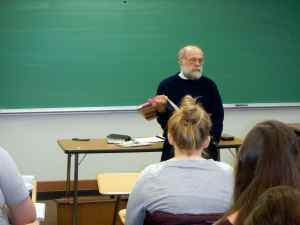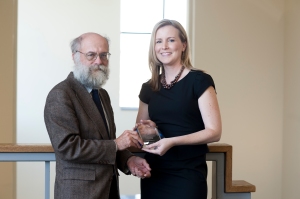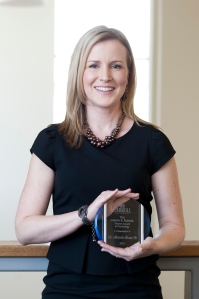When I was a graduate student, I would religiously read every article in every journal to which I subscribed. Alas, I have fallen out of that good habit. Perhaps I need to finish reading Charles Duhigg’s books like this one here.
One of my resolutions as I wind up (and wind down!) my teaching career has been to invest more time in reading the scholarly journals to which I subscribe and weaving the knowledge both into my teaching or my life. My research interests across the years have been wide-ranging (impression formation, subliminal perception, the Mozart effect, effects of color on behavior, internet learning tools) no doubt in part due to my Oberlin College liberal arts education. My current research interests now are focused on aging, maintaining brain health, brain fitness training, truth in advertising, and memory —- no doubt because I am older as is evidenced in the photos above!
As I prepare for a research-oriented semester (two sections of Statistics and Experimental Design) and a Research Seminar, an article in the December 2013 issue of Psychological Science intrigued me because of the simplicity of the experimental design and of the data analyses and because of the importance of the results (if replicable). In an article (found here) entitled “Aging 5 Years in 5 Minutes: The Effect of Taking a Memory Test on Older Adults’ Subjective Age” Hughes et al. experimentally demonstrated that older (but not younger) adults felt subjectively older after taking (or even after expecting to take) a standard neurological screening test which dealt with memory! Tremendous implications here for future research on the effects of context on self-perceptions of aging.
I’m doing a lot of reading in preparation for my Fall 2018 courses. Among the books I am carefully reading are:
- The Sharpbrains Guide to Brain Fitness (2013). I found the virtual conference that I attended last year of tremendous value (more about it can be found here or in some of my earlier blogs). I look forward to reading the 3rd revised edition when it becomes available. Author Alvaro Fernandez informs me that it might be available in three to four months.
- Happiness is a Choice: You Make (2018): Lessons from a Year Among the Oldest Old by John Leland.
- The End of Old Age: Living a Longer More Purposeful Life (2018) by Marc E. Agronin. An interview with the author can be found here.
- Two Weeks to a Younger Brain (2016) by Gary Small.
- Everything written by Carroll alumna Dr. Michelle Braun who kindly met with my research students for an hour last year to share her insights about brain health. Much of her good work can be found here.
What other books should I carefully examine?
